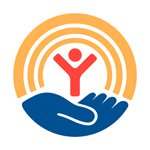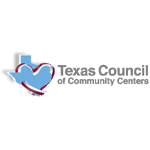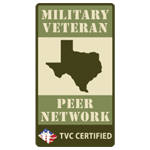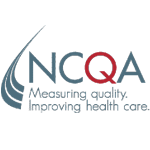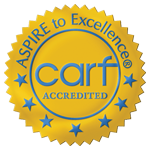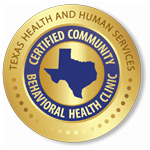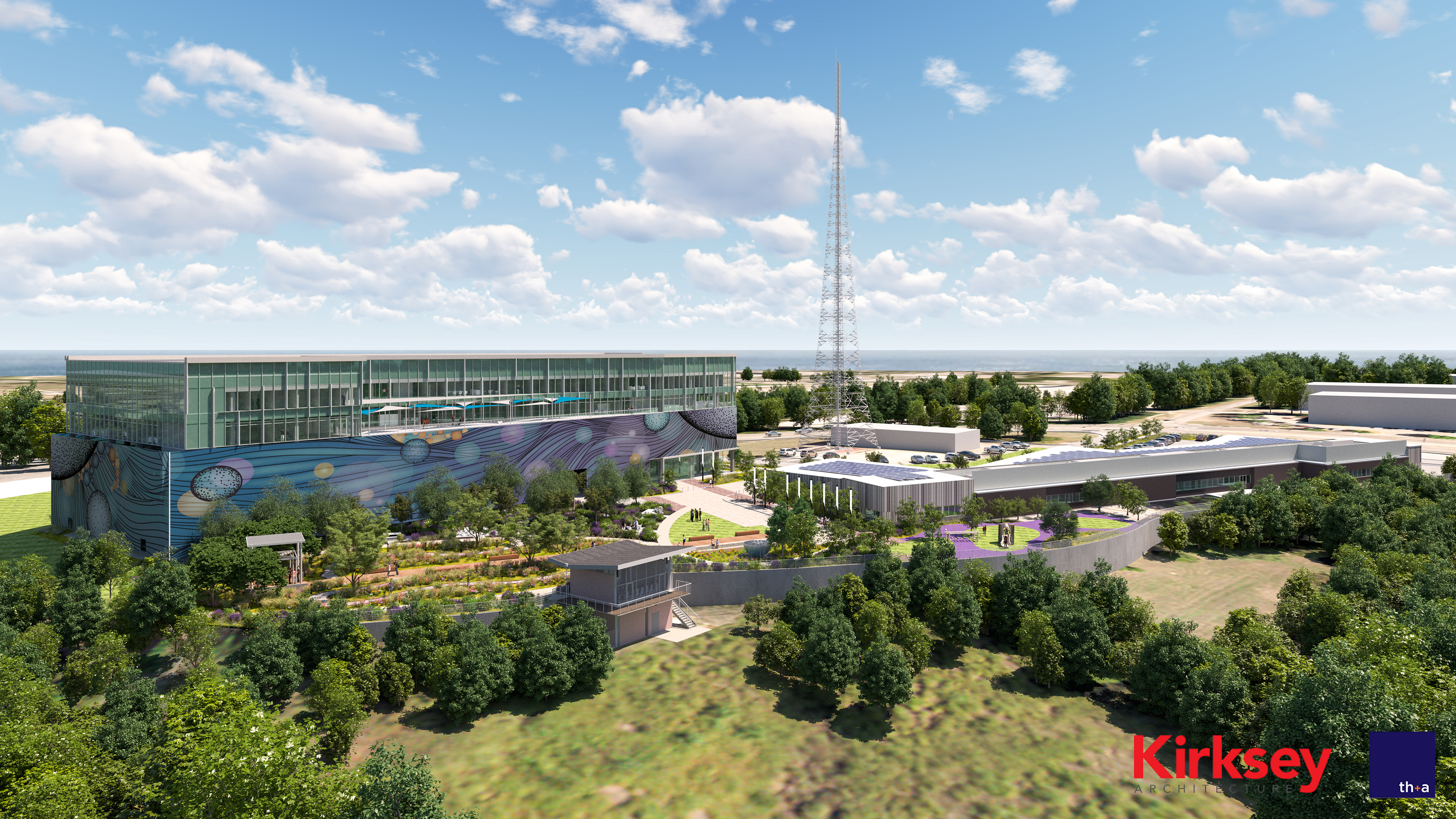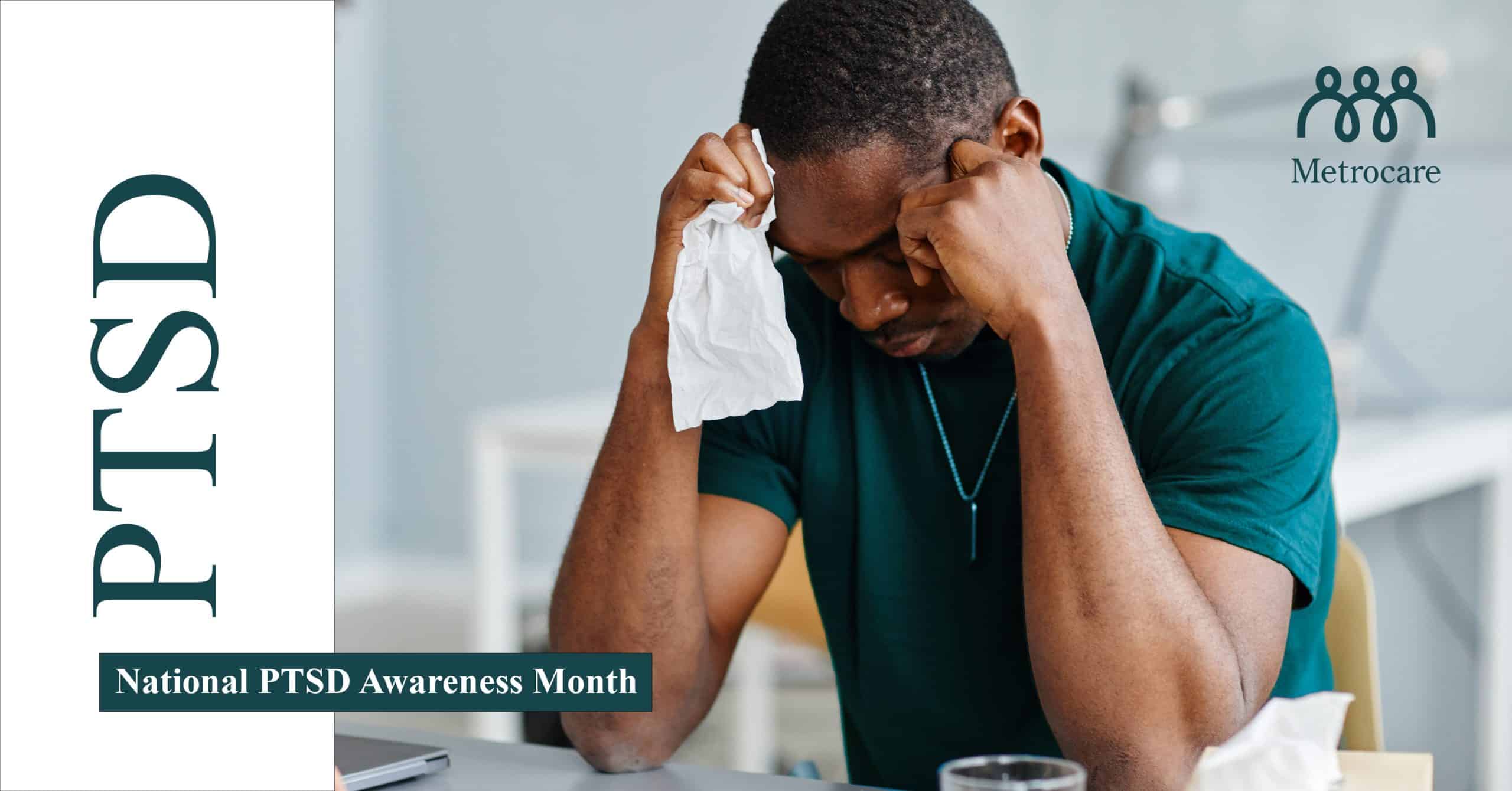
Metrocare employee and military veteran, Kevin Hall, speaks of his experience following his tour in Iraq. “I encourage everyone—civilian and otherwise, to get the education and know the signs. It’s all a joke until it’s you, your spouse, or your child.” Kevin was diagnosed with Post-Traumatic Stress Disorder (PTSD) in the aftermath of his service. While his current civilian life is filled with all the standard joys of life – family, friends, and fulfilling work – he also carries with him the effects of war trauma. “The associated physiological characteristics were still new at the time,” explains Kevin when he was first experiencing symptoms, “leading many leaders to catalog it as stress.” Thankfully, our societal awareness has created enlightenment where there was once ignorance.
In 2010, the US Senate designated June 27 as National PTSD Awareness Day. But this was not enough. So in 2014, the US Senate followed their decision by naming the entire month of June as PTSD Awareness Month. One of Metrocare’s many clinics focuses particularly on supporting and treating the military and veteran community in North Texas. Dr. Chelsea Fiduccia serves as the clinical director of The Steven A. Cohen Military Family Clinic at Metrocare. She asserts, “One of the best kept secrets about PTSD is that it is treatable.” The Cohen Clinic at Metrocare serves a wide array of people. This includes all post-9/11 veterans regardless of role or discharge status, service members (including National Guard and Reserves) and military family members such as spouse, partners, children, parents, caregivers, and others identified as family by the veteran or service member.
Of the thousands of veterans that The Steven A. Cohen Military Family Clinic at Metrocare has served, nearly 1/3 experience PTSD. Almost 20% of family members are diagnosed with PTSD, too. Dr. Fiduccia admits that while PTSD is not unique to military veterans, the military community has a higher percentage of PTSD diagnoses than the civilian population. “We also see higher rates of PTSD in women and in some racial or ethnic minority groups,” she explains.
The tricky part about PTSD is that it may not look the same from person to person. Symptoms can range from irritability or anger to flashbacks and nightmares. A key ingredient to healing is the willingness to face head-on the negative thoughts, feelings, and memories the individual has been avoiding. Thankfully, evidence-based interventions exist. “We offer two gold standard treatments that have demonstrated effectiveness in numerous research studies and real world applications: Cognitive Processing Therapy (CPT) and Prolonged Exposure (PE).” Clients generally come in weekly for therapeutic sessions with a clinician and find the treatment they need. They also find a community of people who understand. They discover they are not unique in their struggles. In short, they are not alone.
But there is still work to be done. Kevin speaks of his best friend who served with him and who also copes with severe PTSD. “The recent school shooting in Uvalde hit close to home for him, with one of the children killed being a friend of the family. The tragic incident triggered him, leaving him mentally displaced for several days.” Sadly, this story is not uncommon. This is why the US Senate has taken steps to raise awareness across our country. Sometimes it is difficult to connect those who experience PTSD to the appropriate avenues for help. Dr. Fiduccia is correct; PTSD is treatable. However, our challenge is to not let it be a secret anymore. It will take our collective effort to connect our loved ones with the help they need.
PTSD is sometimes called an “invisible wound.” And military veterans are not the only people who feel them. Therefore, in honor of the National PTSD Awareness Month, don’t hesitate to contact a professional if you know of someone who might be experiencing symptoms. Metrocare is the largest mental health provider in Dallas County. The Cohen Clinic serves clients on site at the clinic in Addison and virtually to anyone in Texas.
We are here to help. You are not alone.
Stay connected
Sign up for our newsletter




